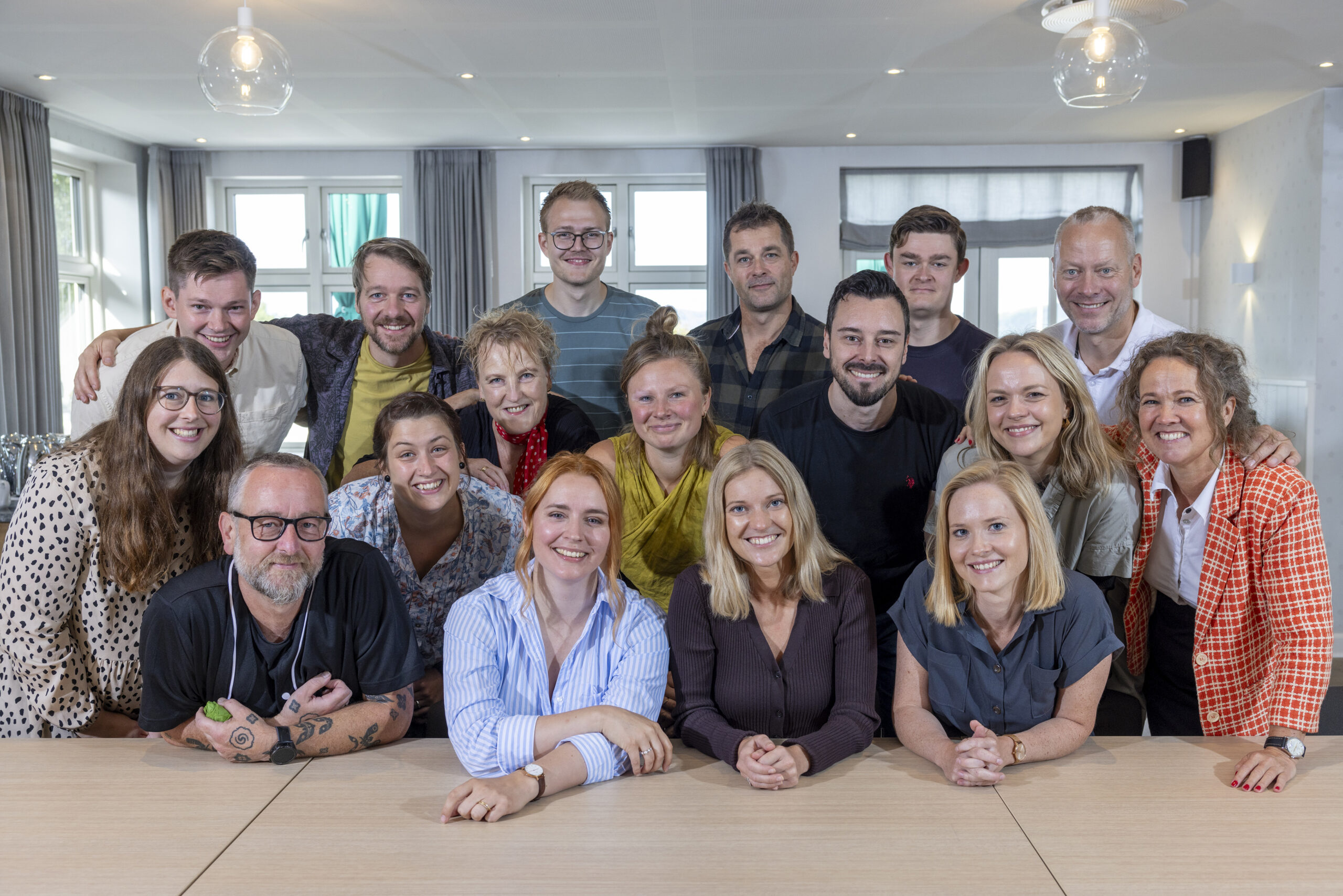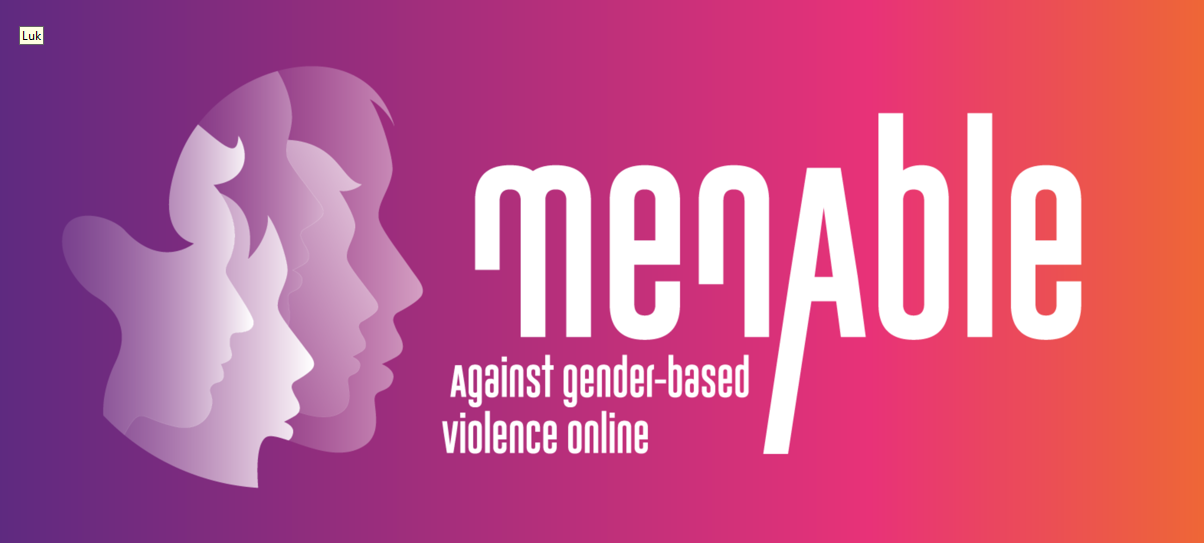Danish Children's Web Habits
Danish children are among the most frequent web users in the EU, they begin their online life at an early age, and 74 percent of the 9 to 16-year-olds in Denmark have a profile on a social network.
On the other hand, more than every fourth have encountered offensive things on the Internet, almost every third have seen sexual pictures on the web, and more than one in ten have experienced being bullied via the web, as is shown by the new study `Risks and Safety on the Internet: The Perspective of European Children’. The ambitious study of the experiences and habits on the web of the 9 to 16-year-olds is based on interviews with 23,420 children and their parents in 25 EU countries.
Among Eu’s Most Frequent Internet Users
The study shows that the Danish children are among EU’s most frequent Internet users. They have a higher degree of personal access to the Internet than other European children, that is to say in their own rooms. 75 percent of the Danish children have private access, which is significantly above the EU average of 48 percent. The Danish average for first-time Internet visits is eight years old, and the tendency is for first-time users to get younger and younger.
One of the most popular activities on the web are the social networks, where 74 percent of the interviewed Danish children have a profile, whereas the European average is only 57 percent.
Bad Experiences on the Web
The young people’s digital life can also offer bad experiences. 26 percent of the Danish children say that they have been offended by content on the web, which is well above the European average of 12 percent. 29 percent tell they have seen sexual pictures on the web, a number which is significantly higher than the EU average of 14 percent.
Furthermore, the study shows that cyber-bullying is half as pronounced as general bullying, since 23 percent of Danish children have been bullied altogether and 11 percent have been bullied online.
Mouse Click with Common Sense
In spite of the risk factors, Danish young people look favourably on the possibilities of the web. Half of the Danish children have a favourable outlook, which is also the EU average.
CfDP – Centre for Digital Youth Care supports this favourable outlook. In our view, the web is made for nourishing friendships, knowledge, and as a source of cultural inputs. We are aware that imprudent and unreflective behaviour on the web may create problems for the child itself and for those affected by his online actions. But Danish children and young people are not innocent and uncritical victims of digital dangers, although they might lack some skill when it comes to mastering the Internet wisely. Our philosophy is that with a few basic rules young people can ensure that actions on the web remains a continuation and enlargement of the good social life.
You can read and learn more about the study and the project `EU Kids Online’.
]]>


Hvis du vil sætte et par ord på din tilbagemelding, vil det hjælpe os rigtig meget, til at kunne forbedre vores indhold.